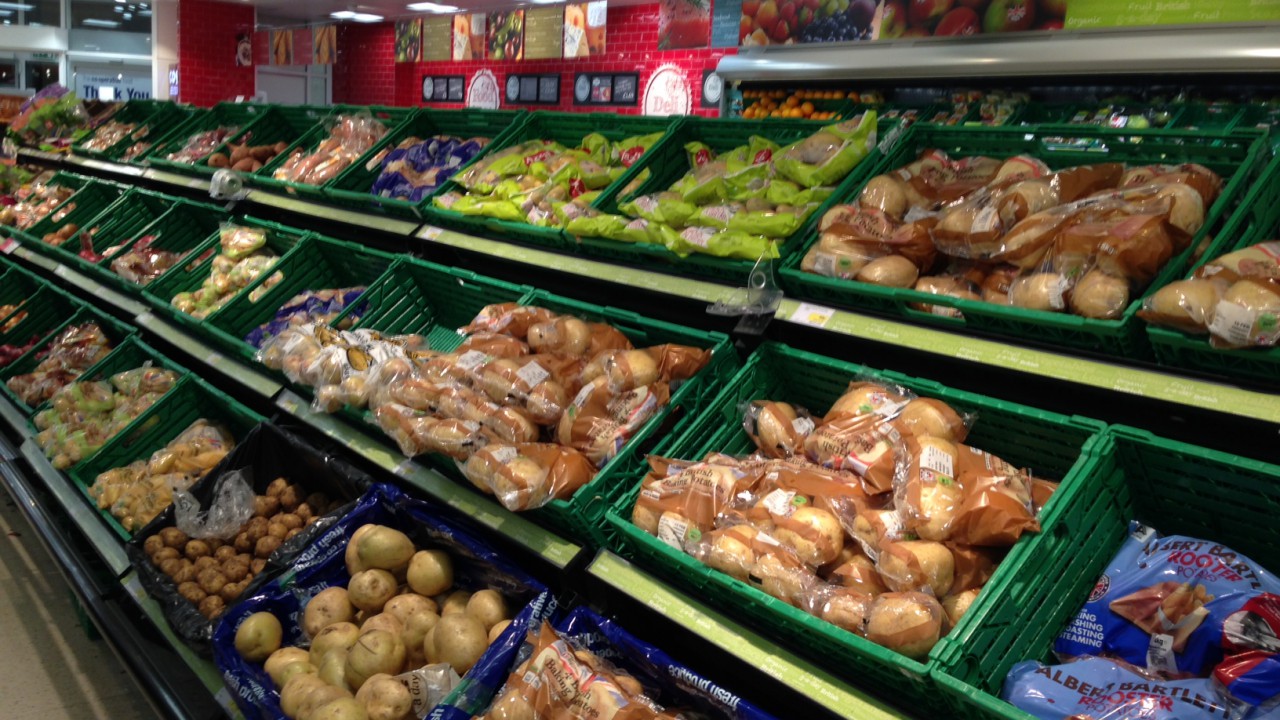Giving surplus supermarket food to charities will not solve hunger or food waste problems, a paper published by the Food Research Collaboration claims.
According to the Food Research Collaboration publication, a large-scale system of food donation could actually have negative health and social consequences for the groups of citizens that it is intended to help.
The briefing paper was written by Professor Martin Caraher of City, University of London and Dr Sinéad Furey from the Ulster University.
It reviews the available data and research on the issues of food waste, food poverty, food bank use and corporate food donations.
It concludes with the recommendation that the government should consider the “impracticality, morality and distraction” of redistributing surplus food and instead address the structural, root causes of poverty.
The authors say UK parliamentary discussions about corporate food donations have been prompted after France and Italy approved legislation requiring supermarkets to give surplus products to charity.
Problems such as food waste and food insecurity must be treated as separate issues by politicians and the media, with systematic solutions developed for each problem, according to the authors.
They argue food policy solutions lie in disincentives to the production of waste, such as landfill taxes and not offering tax rebates on donated food.
To address food insecurity, the academics say only a comprehensive social security provision can provide a solution.
Among the statistics cited in the paper are the findings that 30% of food grown around the world is never eaten while the UK discards 10m tonnes of food every year.
Solutions to food waste and food insecurity are not to be found in redistributing food surplus and waste from supermarkets to emergency food aid outlets, Professor Martin Caraher said.
“This is not addressing the rights of the poor and needy to an appropriate and healthy diet.
When taking into account the available data, we argue the negatives of this kind of donation system outweigh the positives.
“While in the short term the redistribution of food waste to emergency food aid providers may provide immediate relief, there is no evidence to show that it addresses food insecurity.”
The Food Research Collaboration is an initiative of the Centre for Food Policy at City, University of London that publishes briefing papers as part of its aim of bringing about more collaboration between academics and civil society organisations concerned with improving UK food policy.

